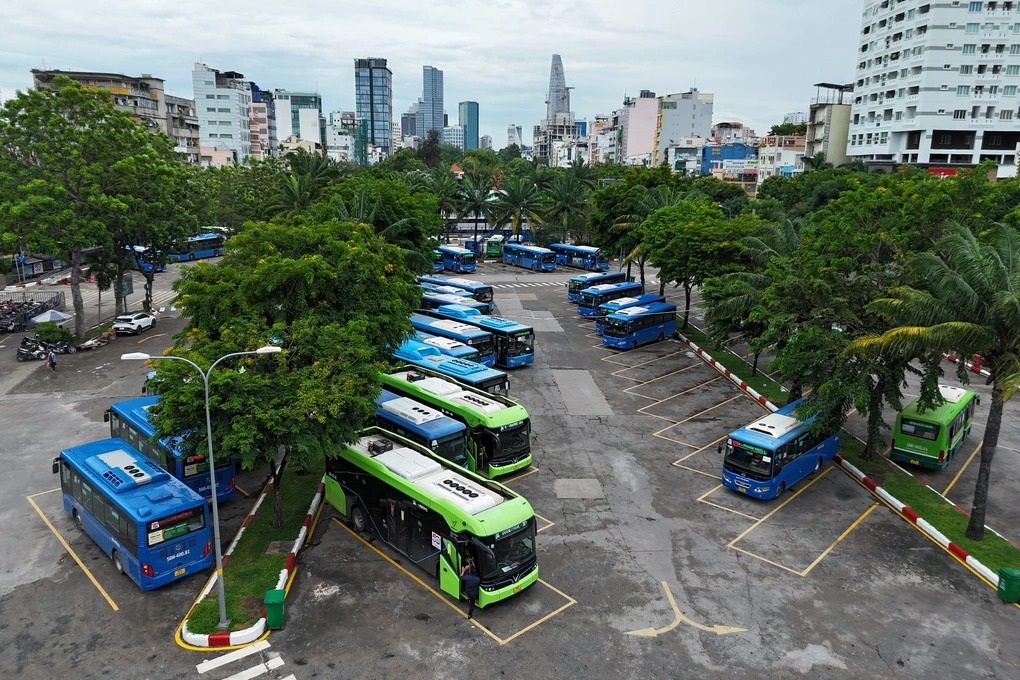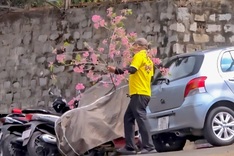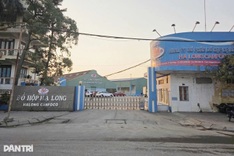Under the recommendation submitted to the municipal People’s Committee, the bus stations include Saigon, Cho Lon, Van Thanh, Tan Phu, Dam Sen, Linh Trung 2 Export Processing Zone, Linh Dong, Hiep Thanh, Thoi An, Hoc Mon, Tan Quy, An Nhon Tay, Le Minh Xuan, Tran Dai Nghia, District 8, Cau Kenh Lo, Can Gio, Cu Chi and Binh Thai.

Saigon Bus Station (Photo by Ngoc Tan)
Among those, Saigon, Cho Lon, District 8 and Binh Thai bus stations would offer battery-swap services.
The scheme aims to establish a shared charging infrastructure for electric vehicles across the city. Charging poles must prioritise electric buses from 9 pm to 6 am.
According to the department, using the available land at these bus stations would help quickly address the shortage of charging facilities. Many sites are underused while still requiring regular maintenance funded by the city budget.
The city plans to auction the rights to operate the charging stations. The Public Transport Management Centre will work with winning bidders to install chargers and battery-swap cabinets.
Operators will receive seven-year exploitation rights and must meet requirements on financial capacity, experience, fire safety, traffic regulations and pricing compliance.
Initial revenue from leasing the 19 sites is estimated at over VND 22 billion (USD 834,000), including VND 21.97 billion from charging infrastructure and VND 65 million from battery-swap facilities.
HCM City is now home to five EV charging stations with 56 poles, funded by private investors, serving more than 700 electric buses. The facilities will fall short as the city expands electric public transport.
Currently, 25 bus stations, covering more than 120,000 square metres, in the city still lack charging facilities for electric buses.




















